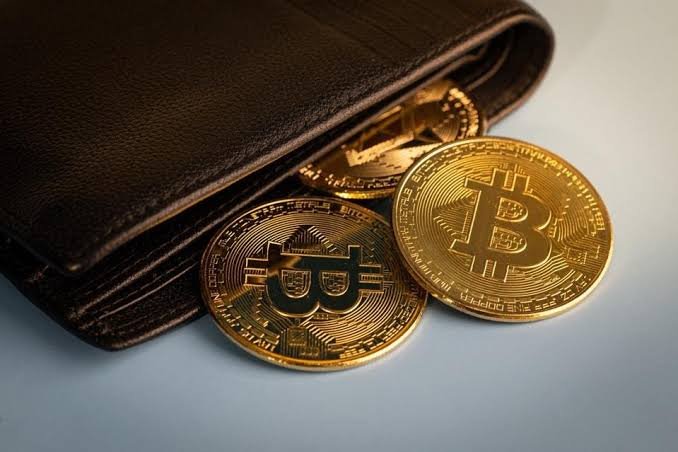Choosing a safe and secure cryptocurrency wallet is crucial to protect your digital assets from theft or hacking. There are several types of wallets available, each with its own security features. Here are some tips to help you choose a safe cryptocurrency wallet:
Understand the Types of Wallets, Familiarize yourself with the different types of cryptocurrency wallets:
Hardware Wallet: A physical device (USB-like) designed to store your private keys offline. It offers a high level of security as it's not connected to the internet when not in use.
Software Wallet: Available as desktop, mobile, or web applications, these wallets can be convenient but may be more susceptible to security breaches compared to hardware wallets.
Paper Wallet: A physical paper containing your public and private keys. It's entirely offline and considered one of the safest options if generated securely.
Custodial Wallet: These wallets are provided by exchanges or third-party services that hold your private keys on your behalf. While they may offer convenience, they come with higher security risks as you're not in full control of your funds.
Security Features:
Look for wallets that offer strong security features, such as two-factor authentication (2FA), biometric login (fingerprint/face ID), and PIN/password protection. These measures add extra layers of security to your wallet.
Reputation and Reviews:
Research the wallet's reputation and read reviews from other users. Check online forums and social media for feedback on the wallet's security and reliability.
Open-Source and Active Development:
Consider using open-source wallets with active development communities. Open-source wallets allow anyone to review the code for potential vulnerabilities and improvements.
Offline/Private Key Storage:
For the highest level of security, choose wallets that store your private keys offline. Hardware wallets and paper wallets are the best options in this regard.
Backup and Recovery:
Ensure the wallet provides a straightforward backup and recovery process. Regularly back up your wallet's private keys or seed phrases in a secure location.
Multi-Signature Support:
Multi-signature wallets require multiple private keys to authorize transactions, making them more secure. Look for wallets that support multi-signature functionality.
Regular Updates:
Keep your wallet software up to date to benefit from the latest security patches and improvements.
Test with Small Amounts:
Before storing a significant amount of cryptocurrency in any wallet, test it by sending a small amount first to ensure everything works as expected.
Check for Scams:
Beware of fake or malicious wallets posing as legitimate ones. Always download wallets from official websites or app stores and verify the developer's authenticity.
Remember that security is your responsibility. Even with a secure wallet, practice good cybersecurity habits such as using strong passwords, avoiding public Wi-Fi for sensitive operations, and being cautious with online communications.
By following these guidelines, you can choose a safe cryptocurrency wallet to protect your digital assets and have peace of mind in the crypto space.

Source of potential text plagiarism
Plagiarism is the copying & pasting of others' work without giving credit to the original author or artist. Plagiarized posts are considered fraud. Fraud is discouraged by the community and may result in the account being Blacklisted.
Guide: Why and How People Abuse and Plagiarise
If you believe this comment is in error, please contact us in #appeals in Discord.